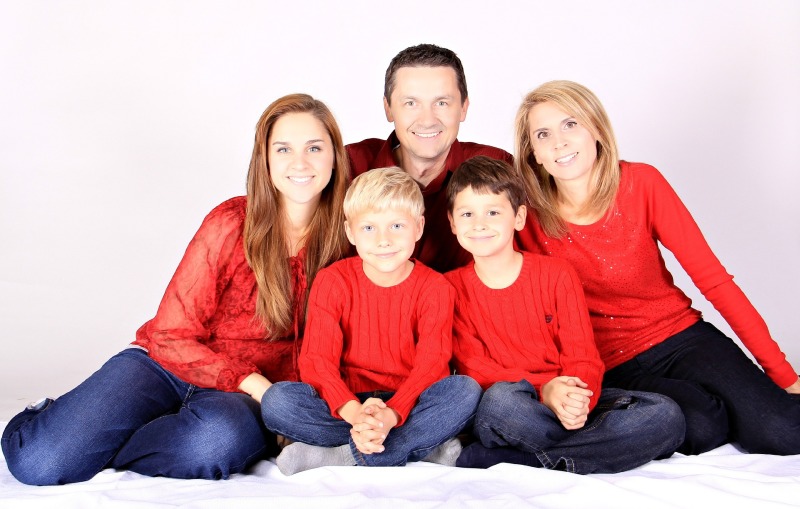
A recent study conducted by the Pew Research Center with the help of Ipsos has revealed new data on the potential future of religion in America.
A survey was sent out to 1,811 pairs of U.S. teens and their parents between March and April of 2019, which inquired about each of the individuals' religious commitment and beliefs. A large majority of teens were found to follow in their parents' footsteps as far as religious habits go. However, a surprising percentage of teens differed in religious beliefs and practices at a more personal level.
In the Pew Research report, nearly all parents who identified as Christian had children who also identified with Christianity, and the same could be said for those parents and children who identified as being unaffiliated with a religion. However, amongst Protestant Christianity, the report found that a much larger percentage of Evangelical Protestants shared religious identities between child and parent (80%) as opposed to Mainline Protestants in which on 55% of parents and teens shared the same identity.
With that being said, data seemed to indicate that those who identified with the Evangelical Protestant faith tended to show a greater religious commitment than others. Teens who identify as Evangelical make up only 21% of the population, coming in behind those who identified as Catholic (27%) and non-affiliated/atheist (32%). However, larger percentages of Evangelicals say that religion holds much importance in their lives (48%) and express absolute certainty in God's existence (71%), as opposed to the 27% of Catholics and 25% of Mainline Protestants who say religion is important in their lives and the 49% of Mainline Protestant and 45% of Catholic teens who believe in God with absolute certainty. Evangelical teens also stood out in the fact that nine out of ten enjoy religious activities with their families a lot or at least some.
Although Evangelical teens seemed to be more religious than most others, the results of the study show that for the most part, teens (whether they identified with a religion or not) are less religious than their parents. The survey conducted by Pew and Ipsos asked several questions to try to gauge the level of religious commitment amongst teens and their parents, inquiring about how often they attend at least a monthly service, if they pray daily, if they consider religion very important in their lives, and if they believe in God with absolute certainty.
Despite the similar percentages of parents and teens that attend monthly services (43% and 44% respectively), there are much larger gaps in those who said yes to the more personal side of the religious questions. 48% of parents said they prayed daily, while only 27% of teens did, 43% of parents considered religion very important in their lives as opposed to 24% of teens, and while 63% of adults expressed that they believed in God with absolute certainty, only 40% of teens agreed.
This data is incredibly insightful and has allowed experts at Pew to learn much more about the dynamic change of religion in the U.S. While it is difficult for this data to lend an answer or solution to America's trend towards secularization, Pew's study has allowed for some interesting conclusions to be made.
Based on the answers of the participants, it seems that many teens participate in religious activities because of their parents desires rather than their own. The parents seem to be much more religious, and while large percentages do identify with a certain religion, it does not mean that they are as committed as their parents. This fact could indicate a movement away from religion in the future. However, nothing is certain as often times people's views on religion change over the course of their lifetime as studies show a common trend of decline in religious commitment in late adolescence, as well as an increase as they mature into later adulthood. The data retrieved from this Pew Research study has given a great amount of insight into the religious views of U.S. teens, but it must be carefully applied when evaluating the future of religion in America.


















